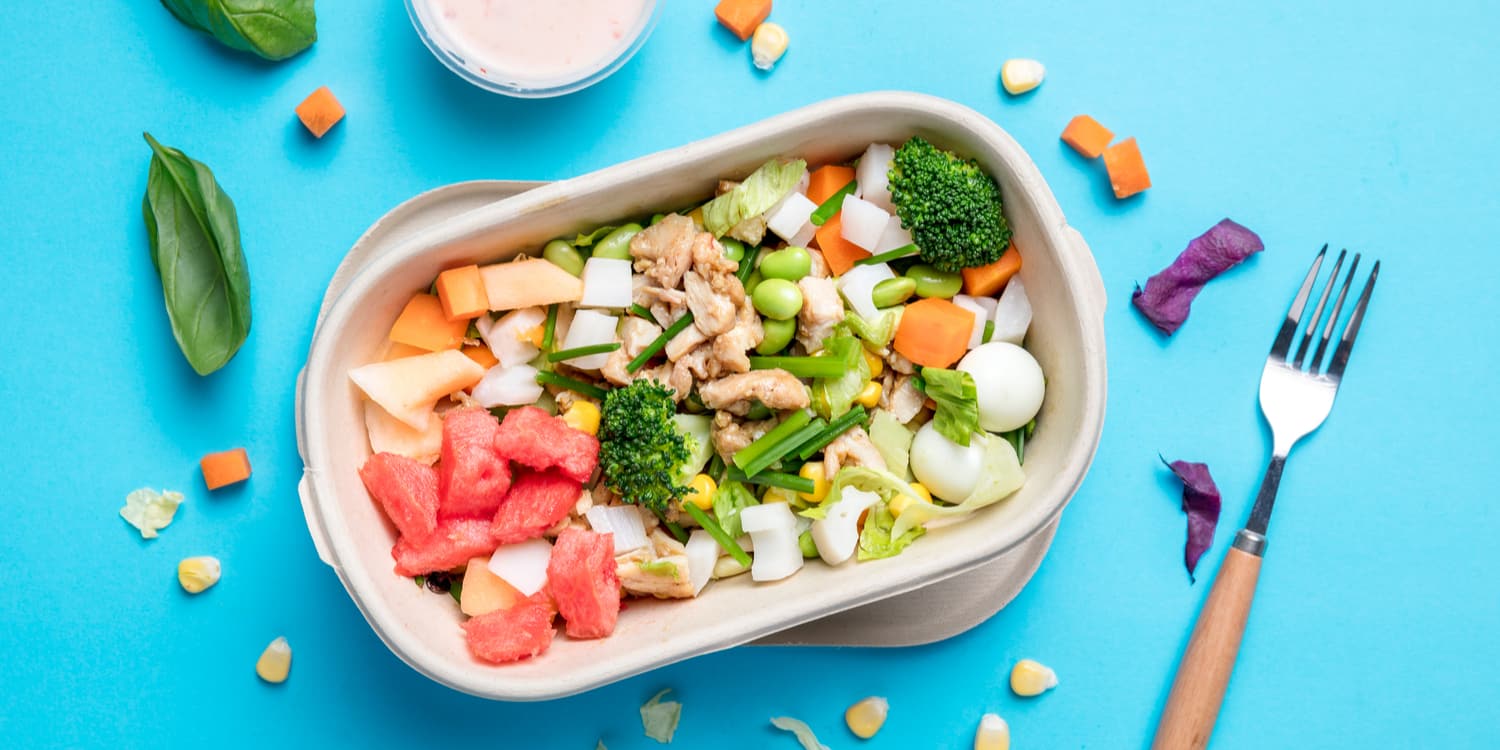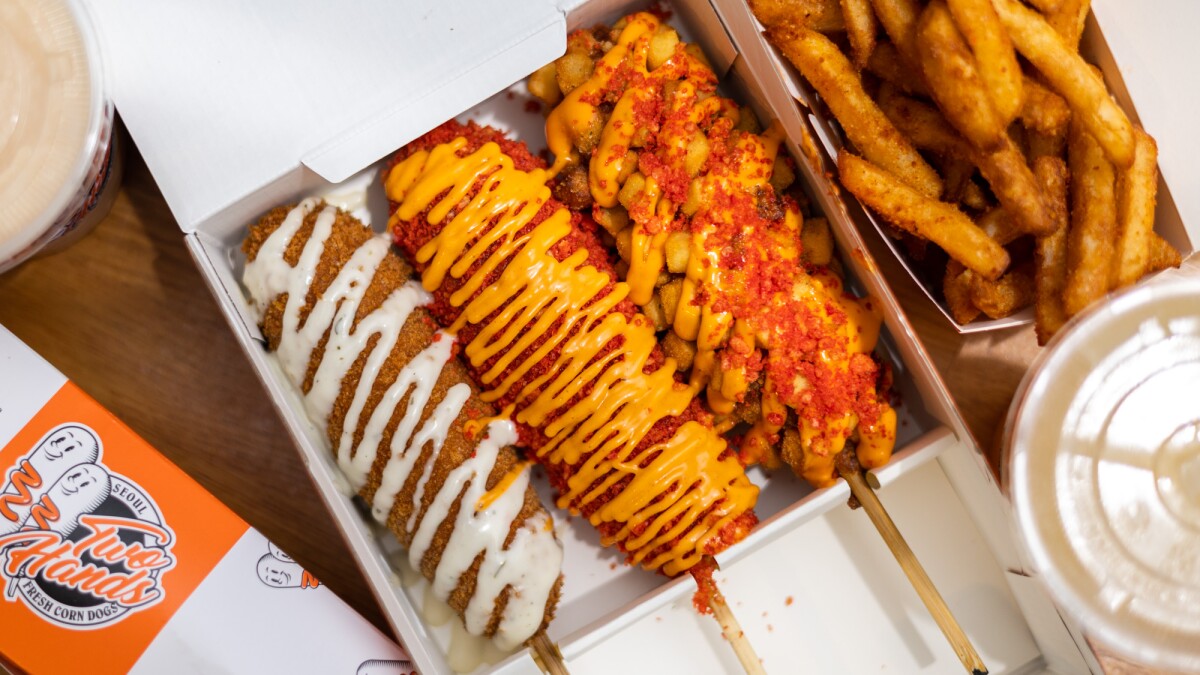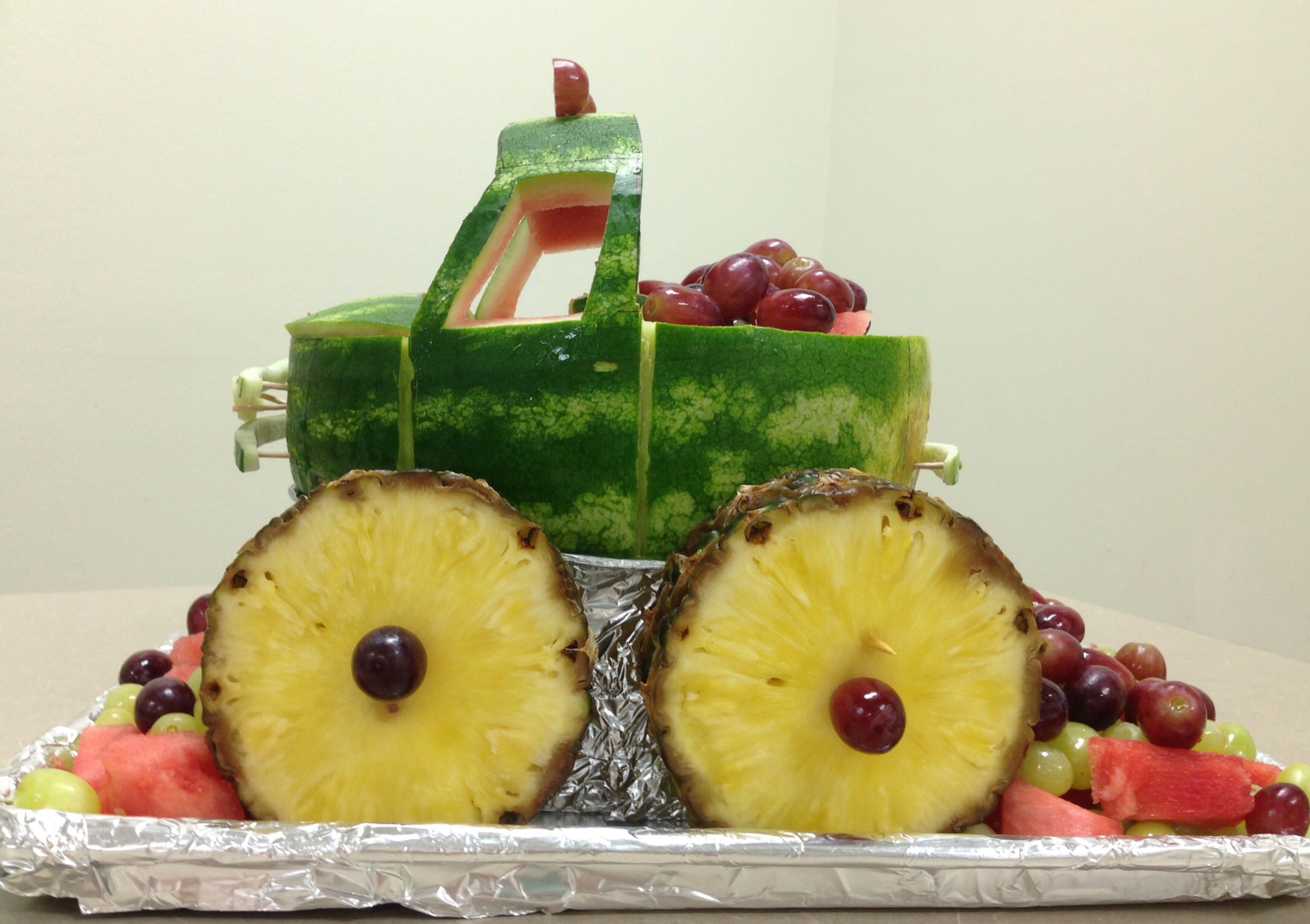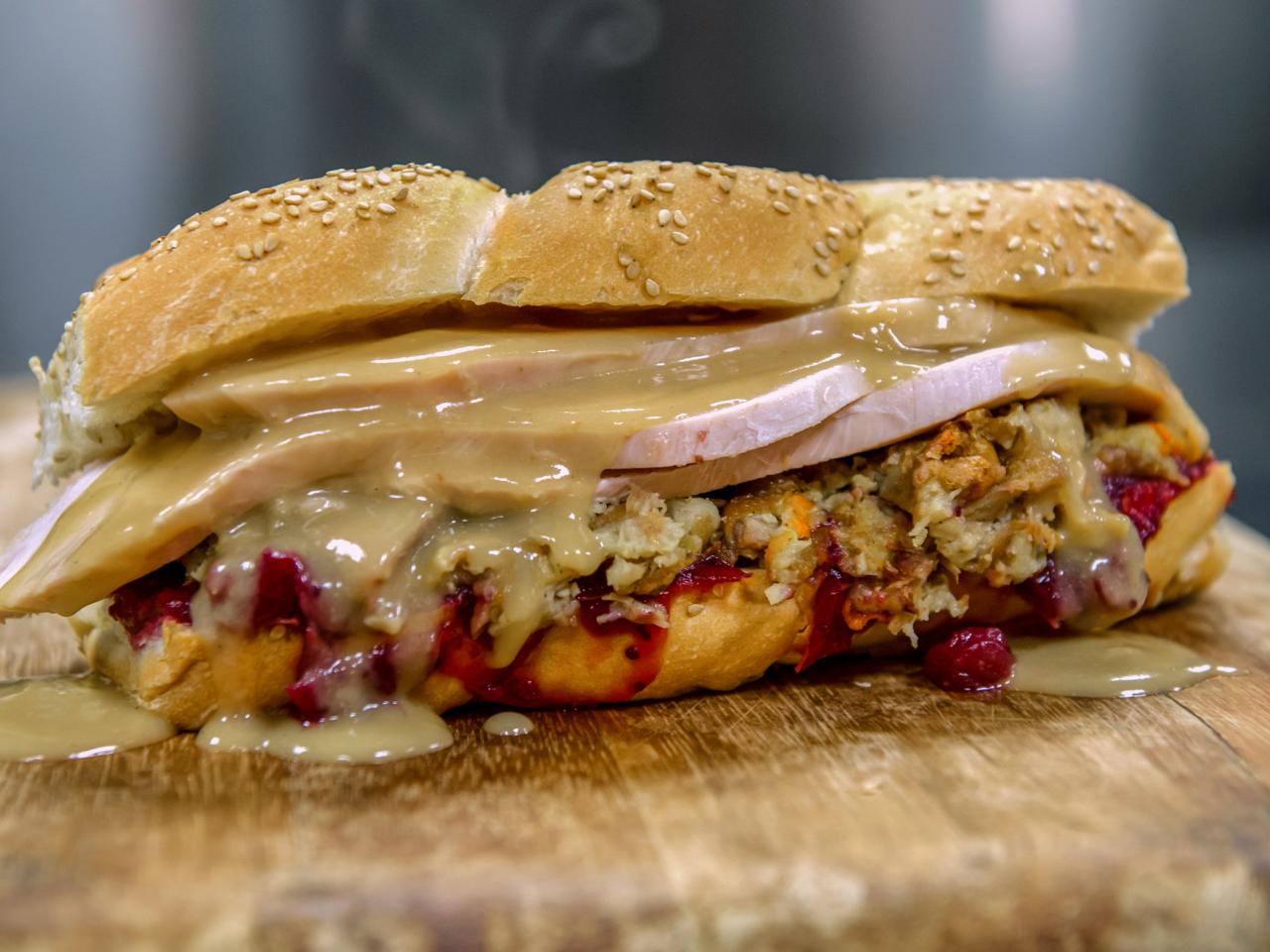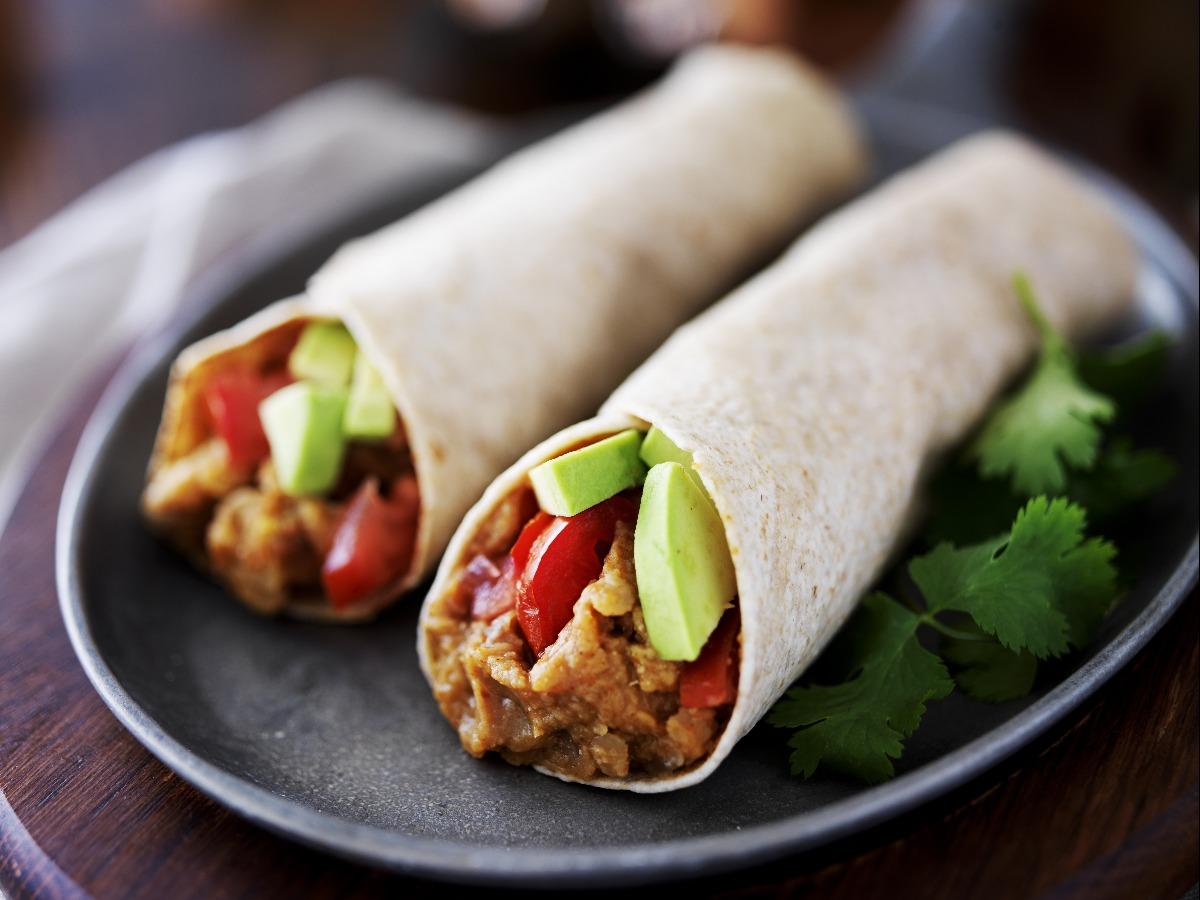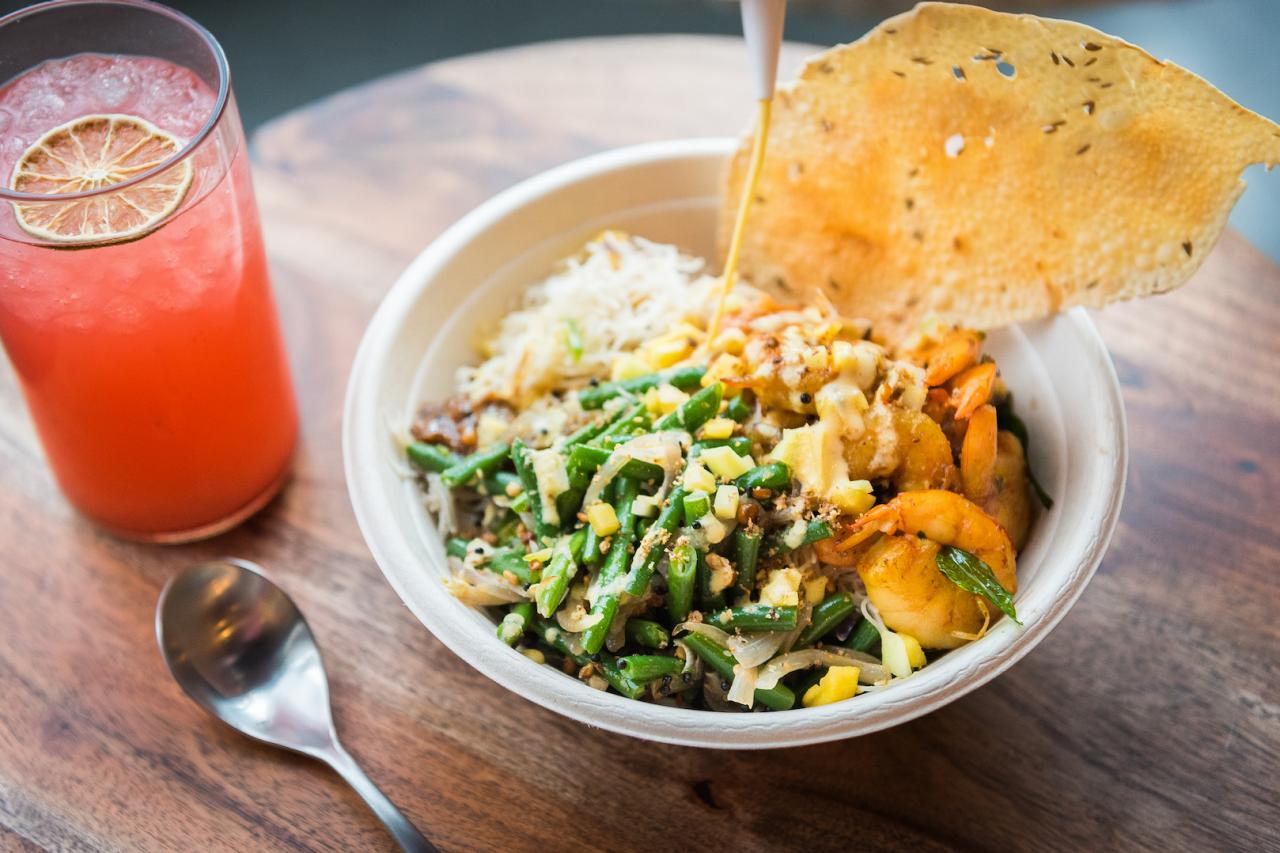How to Maintain a Healthy Diet as a Truck Driver
Being a truck driver often means spending long hours on the road, which can make it challenging to maintain a healthy diet. However, with some planning and preparation, it is possible to eat nutritious meals while on the go. Here are some tips for truck drivers to eat healthy and stay energized during their journeys:
Plan Ahead
One of the keys to eating healthy as a truck driver is to plan your meals in advance. Before hitting the road, take some time to plan out your meals for the week. This can help you avoid relying on fast food or unhealthy snacks while on the road. Consider packing a cooler with fresh fruits, vegetables, and lean proteins to have healthy options readily available.
Choose Nutrient-Dense Foods
When selecting foods for your meals, opt for nutrient-dense options that will provide you with sustained energy throughout the day. Foods such as fruits, vegetables, whole grains, and lean proteins are excellent choices for truck drivers. These foods are packed with essential vitamins, minerals, and fiber to keep you feeling full and focused while driving.
Stay Hydrated
It’s important for truck drivers to stay hydrated, especially during long hours on the road. Instead of reaching for sugary sodas or energy drinks, opt for water or unsweetened beverages to quench your thirst. Keeping a reusable water bottle in the cab of your truck can serve as a reminder to drink water throughout the day.
Avoid Excessive Caffeine and Sugar
While it may be tempting to rely on caffeine and sugary snacks to stay awake and alert, consuming excessive amounts of these substances can lead to energy crashes and overall feelings of fatigue. Instead, focus on consuming balanced meals and snacks that provide a steady source of energy without the need for excessive caffeine or sugar.
Make Smart Choices at Truck Stops
When stopping at truck stops or rest areas, make an effort to choose healthier options from the available food establishments. Many truck stops now offer healthier choices such as salads, grilled proteins, and fresh fruit. By making mindful choices when dining out, truck drivers can still enjoy convenient meals without sacrificing their health.
Take Breaks to Eat Mindfully
While it may be tempting to eat on the go, taking breaks to eat mindfully can help truck drivers better tune into their hunger and fullness cues. Pull over at a rest stop or designated eating area to enjoy your meals without distractions. This can help prevent overeating and promote better digestion.
Snack Wisely
Snacking can be a healthy part of a truck driver’s diet, as long as the right choices are made. Pack nutrient-dense snacks such as nuts, seeds, yogurt, or cut-up vegetables to have on hand when hunger strikes. These snacks can provide a quick source of energy without the need for unhealthy convenience store options.
Conclusion
While maintaining a healthy diet as a truck driver may present its challenges, it is entirely possible with some planning and mindfulness. By prioritizing nutrient-dense foods, staying hydrated, and making smart choices while on the road, truck drivers can fuel their bodies for optimal performance and well-being.
